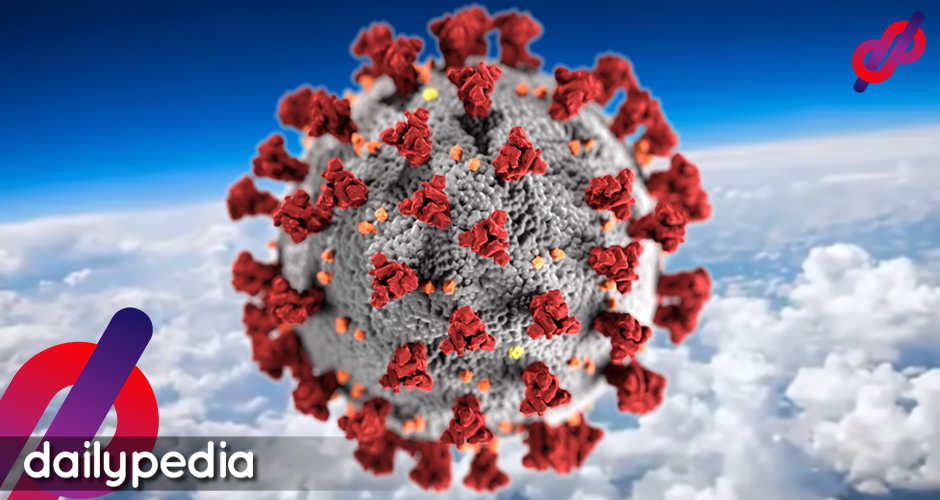- They conducted an experiment wherein they used an ozone generator in a sealed chamber filled with COVID-19 particles.
- The scientists discovered that the potency of the virus in the chamber has then declined by more than 90 percent.
Researchers from Japan recently found out that low concentrations of ozone, which is a type of oxygen molecule, can neutralize coronavirus particles.
This can potentially provide a way for hospitals to successfully disinfect areas in the facility that may have a high concentration of the virus, like examination rooms and waiting areas.

Fujita Health University scientists stated in a news conference that they have proven that ozone gas in concentrations of 0.05 to 0.1 parts per million, which is a level considered harmless to humans, could kill the virus.
They did an experiment using an ozone generator in a sealed chamber filled with COVID-19 particles. The potency of the virus declined by at least 90 percent when exposed to low-level ozone for 10 hours.
“Transmission of the novel coronavirus may be reduced by continuous, low-concentration ozone treatment, even in environments where people are present, using this kind of system,” said researcher Takayuki Murata.
“We found it to be particularly effective in high-humidity conditions.”
Supporting the results from Japan, a recent study from Georgia Institute of Technology also showed that ozone can be effective in disinfecting medical equipment such as gowns, goggles, and other items frequently used by frontliners.
The Fujita Medical University Hospital has now installed ozone generators in its public areas.



